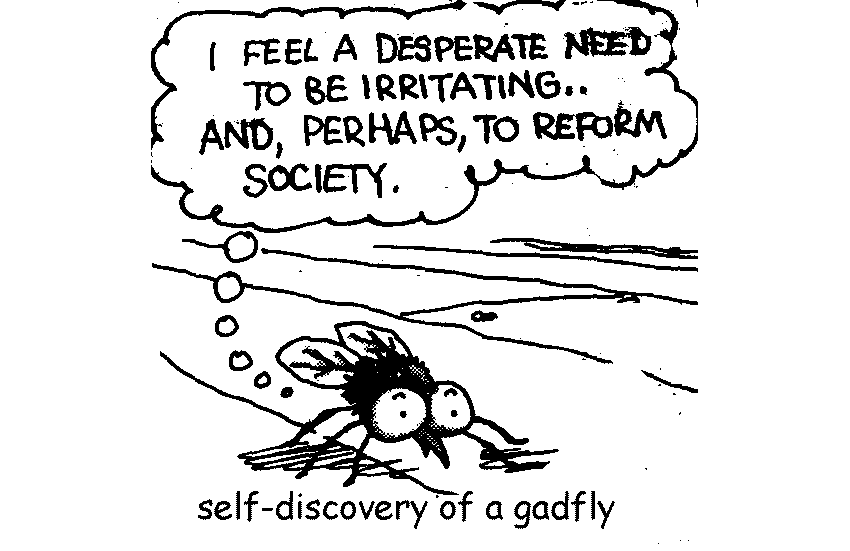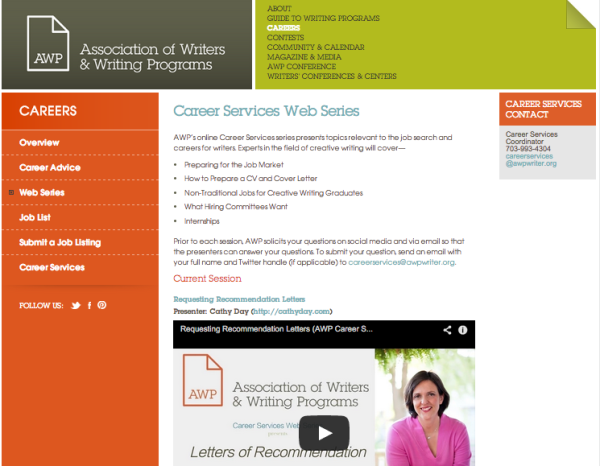You may ask yourself, “Well, how did I get here?
In 2014, Hanover College selected The Circus in Winter as its Common Reading, and I came to campus to talk to students. I loved the campus, the view, the students. On that first visit, sociology professor and writer Dr. Robyn Ryle told me that, like a lot of small, liberal arts colleges, Hanover had experienced an enrollment dip.
I found this news surprising and very worrisome. Hanover isn’t my alma mater, but I did go to a very similar kind of college—and The Circus in Winter had been the direct result of the quality liberal arts education I received at DePauw University.
So, when Hanover invited me back in 2015, I widened the scope of my “professionalization” concerns–which over time had morphed from a concern about creative writing students, to a concern about English majors, and now to a concern about liberal arts majors.
I gave the first-year students at Hanover a pep talk about why they were at the right school and screw all the haters who were saying, “What are you going to do with that?”
I called the talk “Stars to Steer By.” I haven’t published it yet, because I wrote it as a power point, but I will–just as soon as I can finish a draft of this novel of mine.


 A few years ago, a writer I knew (I’ll call her Chris) sent me an email asking me for some information. A graduate creative writing program had asked her to speak with their MFA students about “going on the market.” How to do a CV. How to write a good letter of application. How to read job ads. How to ask for LORs. That sort of thing.
A few years ago, a writer I knew (I’ll call her Chris) sent me an email asking me for some information. A graduate creative writing program had asked her to speak with their MFA students about “going on the market.” How to do a CV. How to write a good letter of application. How to read job ads. How to ask for LORs. That sort of thing.






